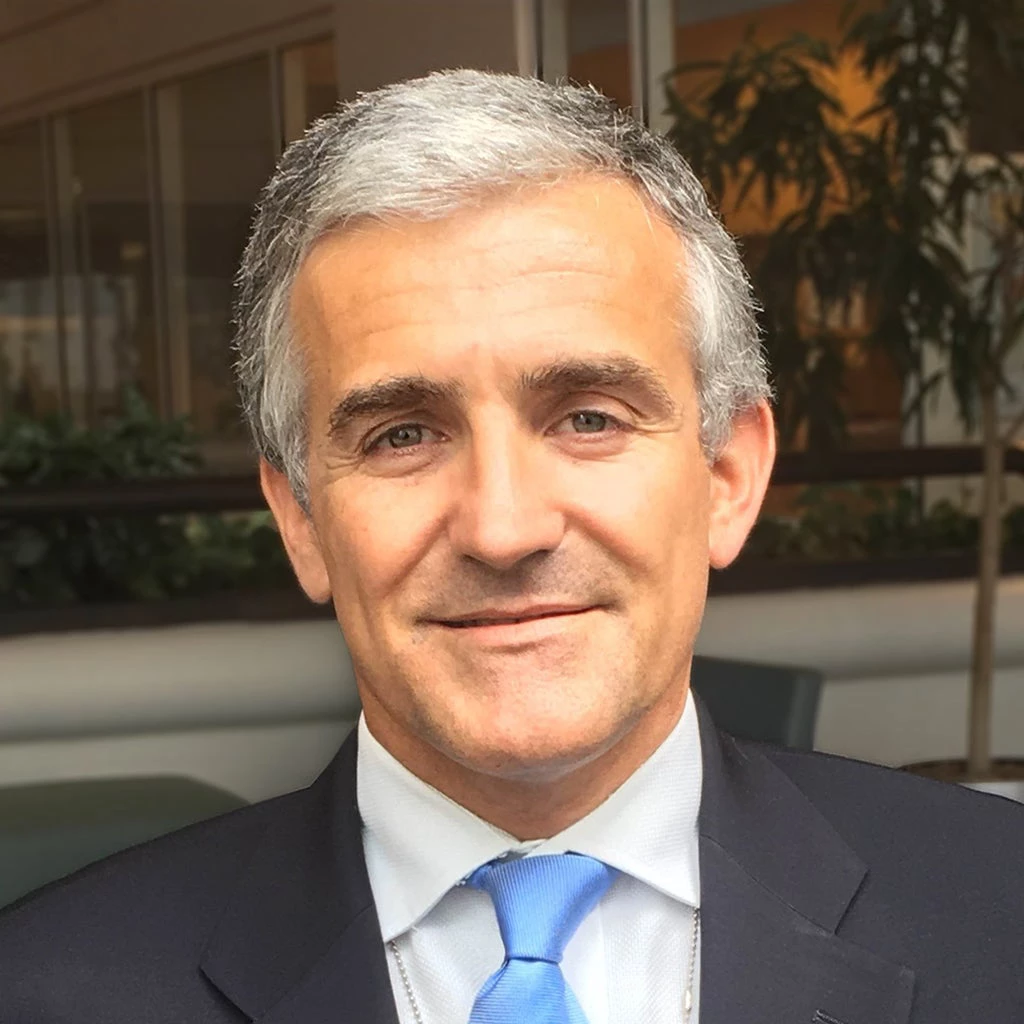 Woman in Mali wears a protective mask covering her nose and mouth
Woman in Mali wears a protective mask covering her nose and mouth
The COVID-19 (coronavirus) crisis has caused thousands of deaths and shaken the world’s richest countries to their core. What happens when it makes its way to low-and middle-income countries, which could face destabilizing and lasting shocks from its health and economic impacts? This is especially true for countries impacted by fragility, conflict and violence (FCV), where cases of COVID-19 infection are increasing. Nearly one-third of our total project investments in 100 countries so far have focused on countries impacted by fragility and conflict —from Afghanistan and Iraq to Somalia and Haiti — to help them face a multi-layered crisis of a magnitude no one has faced before.
Even before COVID-19, our estimates suggested that by 2030 up to two thirds of extreme poverty globally would be concentrated in FCV settings – unlike the rest of the world, these countries were experiencing a reversal of progress in the fight against poverty. Faced with the COVID-19 crisis, we now estimate now that an additional 10 million people in fragile and conflict-affected settings will be pushed into extreme poverty just in 2020, with large countries such as Nigeria and DRC particularly affected.
The compounding economic shocks on these most fragile economies could cause GDP to contract by an average of - 2.5 to - 4.5 percent, and up to 10% or more in some countries. The decline in remittances will also hit hard, with remittance flows in fragile settings expected to decline by 20 percent in 2020. Remittances make up an average of 9.2% of GDP in these countries – and as high as 34.4% of GDP in South Sudan for example.
Behind all these numbers are some of the most vulnerable and marginalized communities—women, children and those forcibly displaced from their homes due to conflict and persecution. Even without a pandemic, the capacity of governments in these settings to ensure basic health services was constrained: in the last two years, for example, nearly three times as many people died from measles than Ebola in DRC. Testing, contact tracing and social distancing are difficult in crowded slums, refugee camps, or situations of active conflict, and handwashing is a challenge when only 38% of people in FCV settings have access to clean water.
COVID-19 and the impacts of lockdowns and large scale job losses also risk exacerbating the social division, inequalities and exclusion which fuel conflict. In conflict-affected countries like Afghanistan, for example, movement restrictions, coupled with the continued violence, further limits health workers’ ability to reach insecure areas to perform surveillance functions and carry out community awareness activities. There are also reports of increases in gender-based violence, of social unrest and protests in many countries, and of extremist groups taking advantage of this crisis.
The World Bank Group’s support in those fragile situations is being designed taking a conflict sensitive approach, aligned with our recently released institutional strategy for FCV. For example, drawing on our experience tackling Ebola in fragile contexts, we are focused on supporting community engagement and rebuilding citizen trust, along with emergency health response. Investments prioritize inclusion, protecting the human capital especially of the most vulnerable groups that are disproportionally affected by crises and conflict. Many of our emergency response operations, from Chad to Burkina Faso include support to refugees and forcibly displaced populations, as well as the communities that host them. And we are bringing a multi-sectoral approach to bear on compound shocks: for example, with food insecurity estimated to double this year, we are supporting the recovery of livelihoods and infrastructure in flood and drought-affected areas in fragile contexts, many of which are also affected by the global locust outbreak. To protect the livelihoods and jobs of the most vulnerable, we are ensuring support to the local private sector including small and medium enterprises, which provide the vast majority of jobs in these settings: 40 percent of the private sector support from the International Finance Corporation (IFC) for COVID-19 response will be dedicated to clients in low-income and fragile settings .
But we are not doing this work alone. Partnerships at all levels are essential in fragile contexts. In Yemen, for example, working with the World Health Organization as well as the Yemen Social Fund for Development helps us invest in health and income support through cash transfers, targeting the most marginalized communities in a situation of active conflict. And in South Sudan, we are partnering with United Nations Office for Project Services (UNOPS) on a $40 million program to provide temporary income opportunities and strengthen safety nets for the poorest and most vulnerable households. This crisis will be with us for a long time, and we are committed to working with partners to stay the course in the most fragile environments.


Join the Conversation